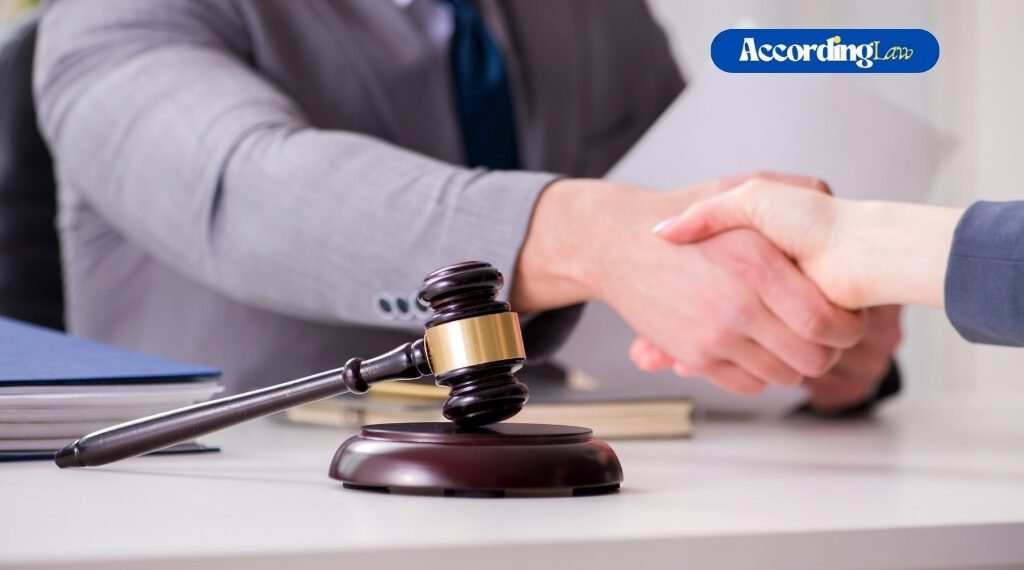Intoxicated manslaughter occurs when someone causes another to die while under the influence of alcohol or drugs while driving a motor vehicle. It is the most serious charge faced by a driver, and it comes with legal and personal consequences.
Houston is a famous, dynamic, globally connected city in the United States known for its diverse population, strong economy, and industry. However, this vibrant city also faces a troubling issue in Houston, especially given that Texas has some of the highest drunk driving deaths in the country.
In such cases, individuals charged with intoxication manslaughter need skilled legal defense. That is why it is critical to work with an intoxication manslaughter lawyer in Houston who has local knowledge of the laws, courts, and defense strategies to make a significant difference in one’s case.
Table of Contents
How Does Intoxication Manslaughter Work?
Intoxication manslaughter is different from simple manslaughter or a simple DUI charge; The prosecution must prove two elements to convict:
Common Legal Defense Strategies
Challenge the Traffic Stop
One of the early strategies will be to see if the police had reasonable suspicion to pull the driver over. The court would not accept evidence obtained after the traffic stop without reasonable grounds.
Challenging Field Sobriety Tests
Field sobriety tests are designed and used at the roadside, but they are not standardized tests. Some outside factors, like dark conditions, bad surfaces and conditions, and ill health, may bias a person. Studies show an error rate approaching 30% for field sobriety tests.
Challenging Breathalyzer or Blood Test Results
Breathalyzers and blood tests can also be challenged. Breathalyzers are designed to calibrate at a certain time, and blood tests, including a chain of custody, must be detailed at a certain time.
In some cases, if that chain of custody procedure is not properly limited or tested and a systemic bias or error is present, blood tests and breathalyzers may produce misleading, inaccurate, imprecise, or even false results, making it crucial for drivers to understand their breathalyzer test rights when facing a DUI investigation.
A secondary study in the general area claimed that certain breathalyzer machines sold to law enforcement jurisdictions in the United States were faulty, generating false readings due to a lack of upkeep.
Proving Not Intoxicated
Simply showing indicia of impairment does not equate to intoxication. A medical problem can show indicators of impairment, such as diabetes or low blood sugar; tiredness can show other indicators of impairment and can have expert witnesses in the field (not like many treadmill expert witnesses), or a physician, and the indicia show no impaired driving.
Causation Defense
Similarly, even if the prosecution can prove intoxication, they must also prove that intoxication is equivalent to causation or the cause of death, for example, if a different driver caused the crash, or if intoxication is not the cause of death. This defense will at least try to weaken the connection between the impairment and the tragic result.
Procedural or Constitutional Violations
Moreover, police officers and prosecutors must pursue proper procedural actions and uphold our Constitution. For example, the driver’s rights were not read on time; there was an unreasonable search or seizure; or the police coerced or pressured the suspect without a lawyer present.
The defense can argue that the entire procedural action would affect the prosecutorial action. There are times when procedural or constitutional violations are the basis and reason for the whole case being thrown out.
Mitigating or alternative outcomes, whether identified as accurate facts, may be enough reasons for attorneys generally to contrast and mitigate that violence with some of the most horrendous evidence about their client. And this is an important alternative.
A negotiated plea bargain is an option, for example, for another charge like vehicular manslaughter or a much weaker minor offense. Many judges would also agree to rehabilitative programs, community service, or probation as part of the sentence.
Also, showing true remorse, or criminal responsibility, and cooperation early on can alter and affect the outcome.
Role of an Experienced Lawyer
An experienced defense lawyer will be paramount. Experienced lawyers know how to successfully challenge technical and scientific evidence, cross-examine expert witnesses, and argue the elements of weakness or non-existence in the prosecution’s burden of proof.
Locational knowledge is also very beneficial in DUI or DWI D&M cases, but not irrelevant distance to the area. Each state and county has applied the laws in different ways.
For example, prosecutors in Houston treat intoxication manslaughter relatively differently than other counties, all of which lawyers will assist in the present tactical advocacy of movement based on the paramount client outcome.
Key Takeaways
The other realization is that intoxication manslaughter is not one of the more serious charges, as impaired driving is characterized.
Some of the defenses can be subdivided into categories:


